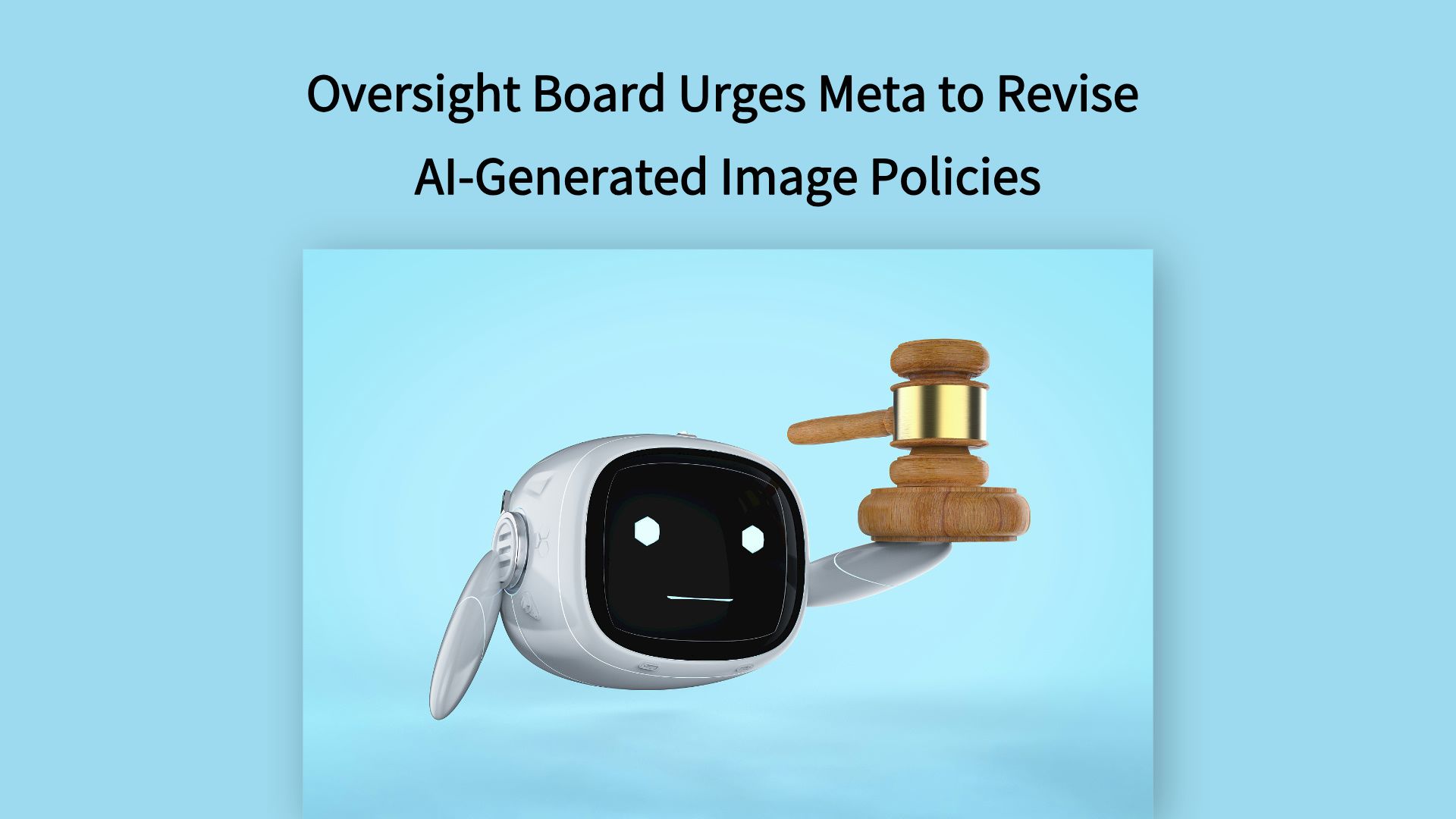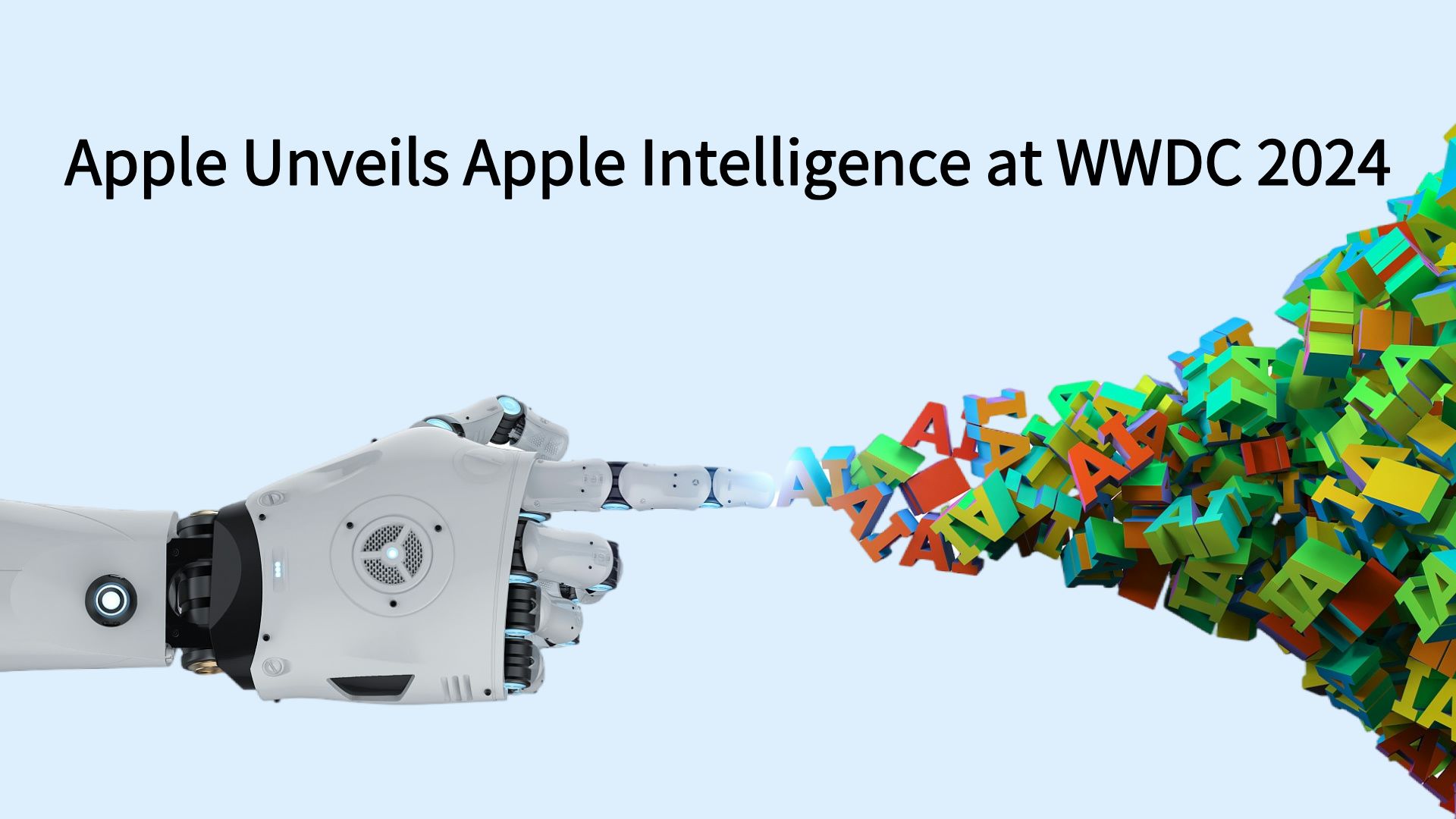Google Enhances Free AI Chatbot Gemini with Global Updates
News summary
In a bid to compete with generative AI rivals like Anthropic and OpenAI, Google is enhancing its free-tier AI chatbot, Gemini. The new update, Gemini 1.5 Flash, is a lightweight multimodal model now available in 40 languages across 230 countries. It promises better performance, particularly in reasoning and image understanding, while potentially reducing operational costs.
Google is also expanding Gemini's context window to 32,000 tokens, allowing for more comprehensive text analysis, and is enabling file uploads for all users. Additionally, new features aim to combat AI hallucinations by linking related web content to Gemini-generated answers. Google is also extending Gemini access to teenagers globally, with specific safeguards and educational resources in place.
Personal Insights
Technological Advancement and Competitive Landscape
Google’s launch of Gemini 1.5 Flash, highlighting improvements in performance and multilingual support, shows its ongoing innovation and pursuit of catching up with competitors like Anthropic and OpenAI. The competition in the AI space is intensifying, and Google clearly aims to gain a competitive edge through technological optimization and cost control.
Performance Enhancement and User Experience
The expanded context window (32,000 tokens) and file upload functionality undoubtedly enhance Gemini’s practicality and flexibility, making it more efficient in handling long texts and file analysis. This significantly improves user experience, especially for researchers and students who need extensive text analysis and processing, positioning Gemini as a powerful tool.
Cost Reduction and Operational Optimization
By introducing the lightweight Gemini 1.5 Flash, Google not only enhances performance but also potentially reduces operational costs, which is crucial for large-scale deployment and commercialization. This cost-control strategy helps Google maintain high-quality service while keeping operational expenses low.
Addressing AI Bias and Security
The introduction of a feature that displays related web content aims to mitigate the “hallucination” issue in generated content, which is a positive step towards improving the reliability and transparency of information. Google’s efforts in this area reflect its commitment to the authenticity and security of user information. However, the effectiveness and frequency of this feature still need to be observed and validated.
Protection and Education for Teen Users
Expanding access to teenagers globally and introducing a teen-specific onboarding process and AI literacy guide are significant steps by Google in AI education and youth protection. This not only helps teenagers use AI tools correctly and avoid misuse but also demonstrates Google’s commitment to social responsibility and the safety of young users.
Overall, Google’s continuous enhancement of Gemini demonstrates its dual commitment to AI technology development and user service. As technology matures and user needs diversify, Gemini is likely to play a more significant role in a broader range of applications.

Related Articles
Oversight Board Urges Meta to Revise AI-Generated Image Policies
Meta's Oversight Board wants to ditch "derogatory" for "nonconsensual" in its AI image policies, pushing for a safer, more victim-focused approach.


Samsung Acquires AI Startup Oxford Semantic to Boost AI Capabilities
Samsung boosts its AI game with Oxford Semantic’s tech, promising smarter devices and tighter data security.


Apple Unveils Apple Intelligence at WWDC 2024, Emphasizing Privacy and Integration
Apple unveils Apple Intelligence at WWDC 2024, emphasizing seamless integration, privacy, and strategic AI collaborations to enhance user experience across its devices.

